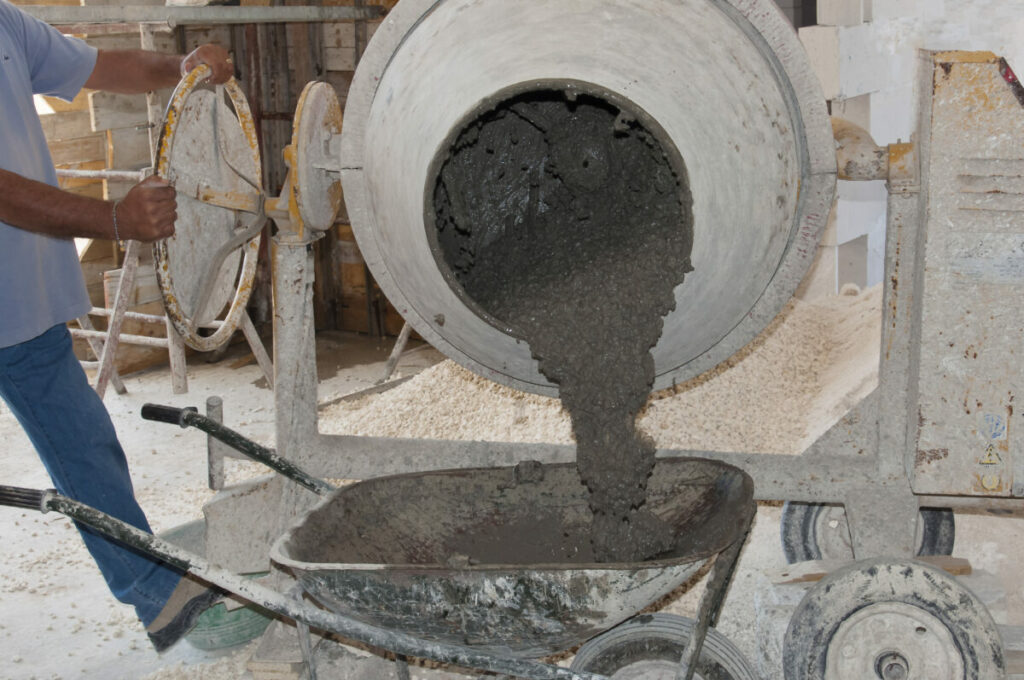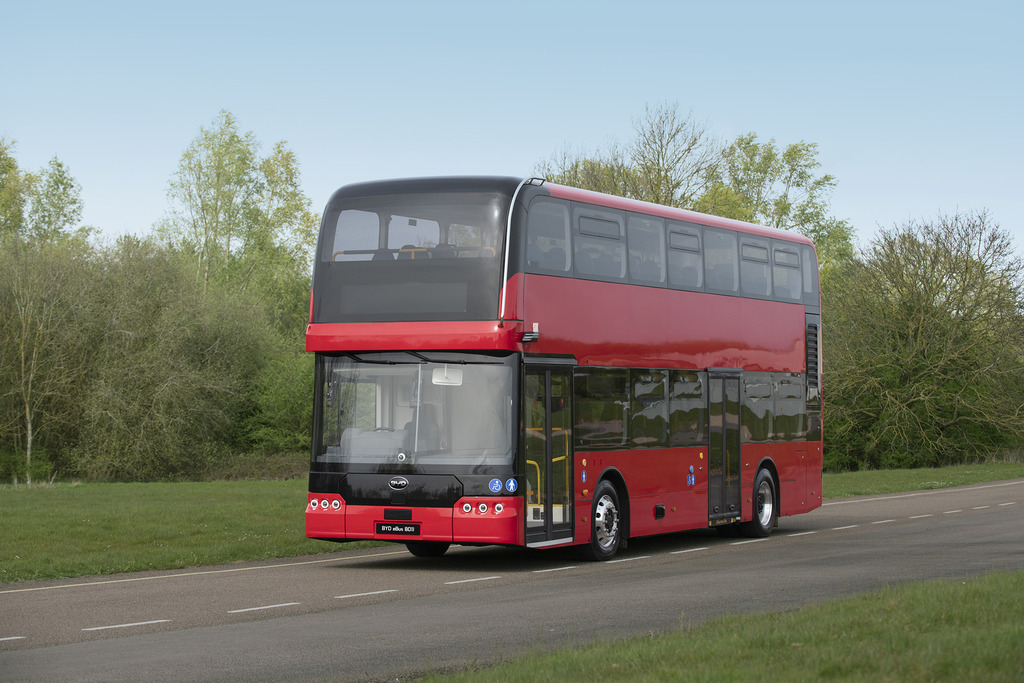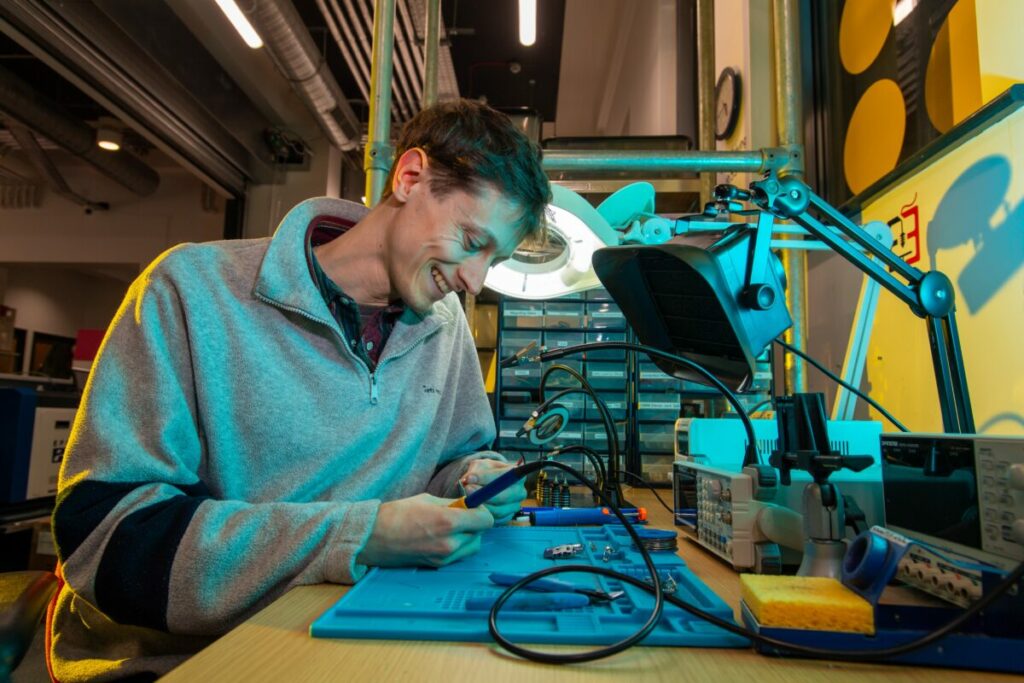Sustainability isn’t the first word that springs to mind when discussing football, especially when some of the biggest clubs around the globe are notorious for using private jets to ferry players between short distances.
Late last year, Premier League club Manchester City revealed that its overall emissions increased by over 50% as the team played more matches, leading to more fans attending those events.
Fran James from the Football and Climate Change Newsletter argued that while there is “great work” by some clubs to report their emissions, there is also a “lack of clarity and consistency” due to the wide range of approaches.
Recently, volunteer-led grassroots football club Leicester Nirvana FC pledged to become the first amateur club to reach net zero, setting an example to the wider football industry.

With the help of De Montfort University researchers, the club has been able to measure its carbon emissions across all scopes – and has become the first grassroots club to do so.
The study, believed to be among the first of its kind, forms part of the Net Zero Football Project at the university.
It has created findings that can now form a framework of similar tests at other sports clubs and allow Leicester Nirvana to tackle some of its biggest environmental challenges while decarbonising its business across travel, players kits, diets and club operations.
The university’s data highlighted that Leicester Nirvana’s biggest emissions came from energy use, gas and electricity (70%), followed by travel of players and families to the matches (27%). To a lesser extent came emissions from water use, waste generated and procurement of players uniforms (3%).
“By identifying the sources with the largest emissions, technical and behaviour change interventions to achieve net zero can be targeted in a more effective manner,” said the university’s senior research fellow Dr Leticia Ozawa-Meida.
“Most importantly we can learn a lot from the data and share this with other clubs worldwide in their approaches towards net zero.”
Starting from the (grass)root
The Net Zero Football Project initially sparked when Leicester Nirvana trustee Ivan Liburd reached out to the university with the club’s sustainability goals.
“We eventually want to have a training site that is totally efficient from renewable energies,” Liburd tells Sustainability Beat.
“Once we have that space, we’ll be thinking about how we can reduce waste and reducing carbon in the atmosphere. This will allow us to lower our greenhouse gas emissions, as well as helping us financially in terms of how we manage the clubs.”
Using the UN Sustainable Development Goals as a starting point, Liburd noticed there were already a number of similarities between the club’s actions and the SGD goals.
“We realised we had so much synergy with the UN goals in terms of our mentality, our ethos in the club and how we’re very much community-based,” he says.
Nirvana spoke to De Monfort University’s Net Zero Research theme director Mark Charlton about where to start.
“I wasn’t sure what to think when the club wrote to me about their net zero ambitions,” shares Charlton.
“But then I read about the young players at Leicester Nirvana, where the majority come from lower socio-economic backgrounds and face numerous social challenges. It hit me that despite the obvious challenges, there was a club determined to work towards becoming net zero.”
Subscribe to Sustainability Beat for free
Sign up here to get the latest sustainability news sent straight to your inbox everyday
Where can grassroot football clubs begin to make a change?
So far, the university data has shown that – like bigger football clubs – transport is the one of the biggest source of emissions for Leicester Nirvana.
“Clubs can also look at the building where they train and where matches are played and analyse their energy and water usages and recycling,” Charlton says.
However, implementing these changes to ensure a lower environmental impact isn’t straightforward for grassroot football clubs working to a tight budget – especially as all staff are volunteers.
“When volunteer-led organisations want to move into a space of becoming more eco-friendly, it comes as a higher cost than it normally would,” says Liburd.
“A lack of finances create a number of challenges and barriers which make it even harder for us to make sustainable actions.”
At the moment, Leicester Nirvana has created a strategic plan and policy to reach net zero which Liburd reveals includes exploring partnerships to fund greener projects – including renewable energy sources.
“If we can get the funding, we definitely want to implement solar panels in the next few years. We also want to think about player kits, reusable water bottles and waste management but it’s about getting the funding to implement the changes,” he continues.
Liburd has reached out to Puma and a number of other sporting brands to support its mission in terms of covering those base finances. In his pitch, he included the support Puma can provide from issuing players with sustainable kits and supporting other sustainability-related costs.
‘It’s not just about climate change’
Since starting the project with Leicester Nirvana, Charlton has had a great deal of interest from grassroots and professional clubs around the world and has noticed one thing in particular.
“It’s not just climate change these clubs are having to tackle,” he explains.
He gave the example of a Spanish football club which needed to prioritise access to football for people with disabilities.
“The club thought it was an immediate priority they had to tackle before they could even move forward to consider what a net zero football club might look like”, Charlton explains.
Liburd had similar thoughts regarding sustainability.
“Traditionally we didn’t even think environmental sustainability was something we needed to think about. There isn’t green grass where our club started – just small concrete buildings. If your environment dictates that, why would you even contemplate this word ‘sustainability’,” he says.
“But then we first started researching it, and realised very quickly that is was relevant to us – and that there was a distinct lack of Black and Brown voices in the conversation.”
In order to bring all of these issues together – both social and environmental – Liburd looks towards the UN’s goals.
“It’s not just about net zero for the club but about how Leicester Nirvana itself fits into all of the SDGs” he says.
“We want to take a holistic approach, by prioritising solutions that benefit ourselves, humanity and social-economic problems the world is facing.
“Then we can start working on how to save the planet.”















